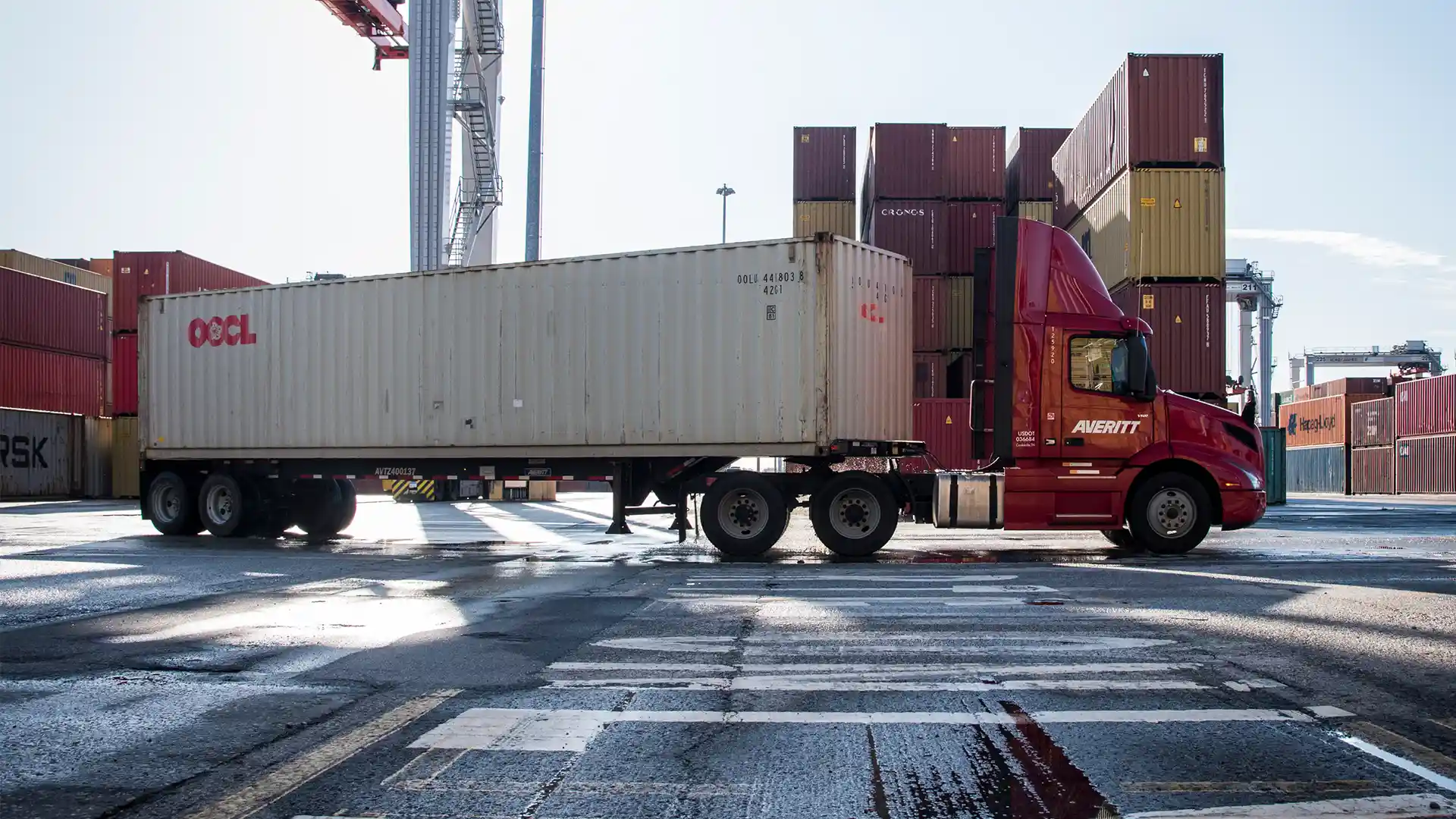Over the past few weeks, cross-border transportation has entered a new phase of scrutiny—one that’s already beginning to reshape capacity, disrupt operations, and force some tough conversations in the logistics world.
We’re seeing increased enforcement around English proficiency requirements for drivers and long-ignored cabotage laws—particularly for those operating under B-1 visas. While the rules themselves aren’t new, how they’re being enforced absolutely is. And the ripple effects? They’re just beginning.
What's Actually Happening
The biggest change is that failure to pass an English literacy test now results in being put out of service. This applies to all drivers—not just those from Mexico. But B-1 visa holders, who often cross the border with legal loads and then improperly take on domestic freight movements, are in the spotlight.
A B-1 visa allows foreign nationals to enter the U.S. temporarily for business purposes. In trucking, B-1 visa holders—typically from Mexico or Canada—may transport international freight into or out of the U.S., but they are not legally permitted to haul domestic loads within the U.S. Doing so violates cabotage laws.
This enforcement is U.S.-driven. And it’s not just about language skills—it’s also about illegal domestic hauling, which violates cabotage laws. In short: drivers entering the U.S. with an international load must return empty or haul another international load. Too often, that hasn’t been the case.
Why It Matters
For compliant carriers in the U.S., this crackdown brings a frustrating reality into focus: we’ve been competing against operations that were cutting corners for years. When a B-1 driver lives in their truck for weeks, moving domestic freight at cut rates, it creates unfair pressure on those of us who play by the rules.
But this isn’t just about carriers. Shippers are already feeling the impact. If a driver gets pulled off the road, that freight is delayed—sometimes indefinitely—until a compliant driver can be dispatched. In some cases, those loads may even be subject to confiscation depending on the violation.
The Impact Is Already Here
We’ve already heard of major companies stepping away from carriers that rely heavily on B-1 drivers. And that shift is putting additional strain on the remaining legal capacity in the market. What’s more, with up to 70% of Mexico-based drivers possibly unable to meet English proficiency standards, we’re looking at a serious capacity crunch.
The short-term result: delays, higher costs, and tighter availability.
The long-term result? That depends on how shippers respond.
What Shippers Should Ask Right Now
If you’re moving freight across the U.S.–Mexico border, now is the time to get proactive:
- Ask your transportation partners how many of their drivers are B-1 visa holders.
- Verify that drivers entering the U.S. interior are legally permitted to do so.
- Review contingency plans for how your partner will handle freight if a driver is put out of service.
How Averitt Is Supporting Our Customers
At Averitt, we’ve taken a clear position: our cross-border partners do not use B-1 visa drivers. That’s not just a compliance decision—it’s a reliability decision. And it means we’re well positioned to help customers who are rethinking their approach.
We also offer:
- Cross-dock and transloading solutions at all major border entry points (Laredo, El Paso, Harlingen)
- Seamless integration into our U.S. LTL and truckload network
- Short-term warehousing capacity to manage disruptions and hold freight until a solution is available
- Intermodal/Rail solutions for cross-border freight, including Mexico and Canada. These options eliminate concerns around B-1 driver compliance while offering cost-effective, scalable capacity.
As more freight shifts away from door-to-door B-1 drivers, we expect to see increased use of transloading and pool distribution at the border. That’s a shift we’re ready for—and already supporting.
Looking Ahead
For now, the pain may be masked by a slow economy and excess driver availability in the U.S. But as freight demand rebounds, capacity will tighten fast. Rates will likely rise. And B-1 drivers who can meet new standards will command higher pay. This isn’t a short-term bump. It’s a structural change.
The bottom line: compliance isn’t just about following the rules—it’s about protecting your supply chain. And if you’re a shipper, there’s never been a better time to ask tough questions and ensure your freight is in good hands.
 About The Author
About The Author
Ed Habe is Vice President of Mexico Sales at Averitt and has been in the transportation and logistics industry since 1991, including over two decades with Averitt. With more than 35 years of experience in U.S.–Mexico cross-border logistics, Ed brings deep expertise and cultural fluency to every partnership. His bilingual background and strong relationships throughout the region give him a unique perspective on both the opportunities and challenges of nearshoring in Mexico.

.png?width=542&height=179&name=PNG-Averitt%2055%20Years%20RED%20ODFIP%20(1).png)








